
Trading standards officers from Cheshire West and Chester Council are urging people to remain alert for scams during the ongoing Coronavirus (COVID-19) pandemic.
Criminals will use every opportunity to defraud innocent people. They continue to exploit every angle in this national crisis and the Council wants residents to be prepared.
Officers warn that criminals are experts at impersonating people, organisations, such as the Council, and the Police. They can contact you by phone, email, text, on social media, or in person. They try to trick people into handing over money, personal information or buying goods or services that do not exist.
Examples of scams include people selling fake products or 'miracle cures' for the virus; mobile phone applications which claim to give you updates on the virus and then lock your phone and demand a ransom; fake home cleaning services; and people offering to do shopping or collect medication, asking for money up front and then disappearing.
The advice is, if you are approached unexpectedly remember to:
- Stop: Taking a moment to think before parting with your money or information could keep you safe.
- Challenge: Could it be fake? It’s OK to reject, refuse or ignore any requests. Only criminals will try to rush or panic you. Don’t be afraid to hang up, bin it, delete it or shut the door.
- Protect: Contact your bank immediately if you think you’ve fallen victim to a scam and report it to Action Fraud (details below).
- You can also report suspicious texts by forwarding the original message to 7726 – which spells SPAM on your keypad.
- The Police, or your bank, will never ask you to withdraw money or transfer it to a different account. They will also never ask you to reveal your full banking password or PIN.
- Do not click on links or attachments in unexpected or suspicious texts or emails.
- Confirm requests are genuine by using a known number or email address to contact organisations directly.
The Council’s Deputy Leader and Cabinet Member for Environment, Highways and Strategic Transport,Councillor Karen Shore said: “It’s been wonderful to see huge numbers of people coming forward during the coronavirus to offer help and support for others within the community, but unfortunately it is also enabling a small minority to try and take advantage of the situation by scamming and tricking people.
“We are not trying to scare people at a time when they are already anxious. We simply want people to be aware of the simple steps they can take to protect themselves from handing over their money, or personal details, to criminals.”
If you think you’ve been a victim of a scam, contact your bank immediately and contact Citizens Advice Consumer Service - 0808 223 1133.
Detailed counter fraud advice is available online, including from Scamsmart, CIFAS, TakeFive, Citizens Advice, Trading Standards and the National Cyber Security Centre.
There is bespoke advice about COVID-19 fraud on the Action Fraud website.
Reporting to Action Fraud can be done online at https://www.actionfraud.police.uk or by calling 0300 123 2040. For up-to-date information on COVID-19 fraud please follow Action Fraud on Twitter.
To report offers of financial assistance from HMRC contact phishing@hmrc.gov.uk.


 Protecting people from the sun
Protecting people from the sun
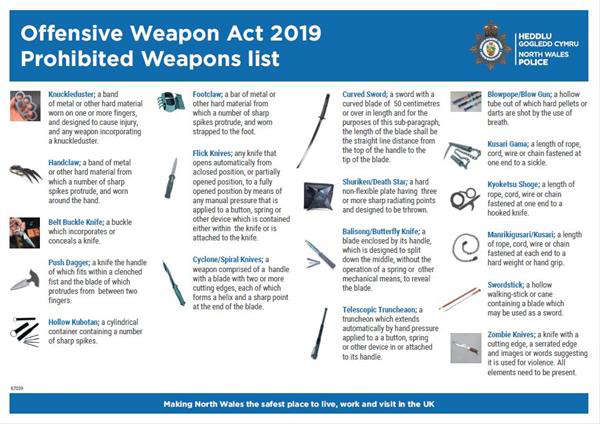 Come and speak to North Wales Police
Come and speak to North Wales Police
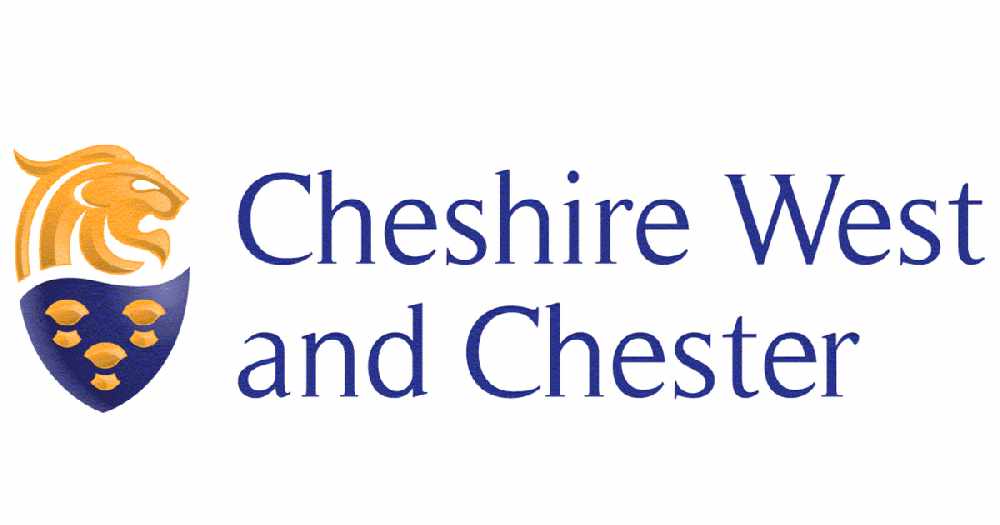 Council to start enforcement of moving traffic offences
Council to start enforcement of moving traffic offences
 Supporting people on their journey to employment
Supporting people on their journey to employment
 Ian Puleston-Davies opens new staff wellbeing hub at Countess of Chester Hospital NHS Foundation Trust
Ian Puleston-Davies opens new staff wellbeing hub at Countess of Chester Hospital NHS Foundation Trust
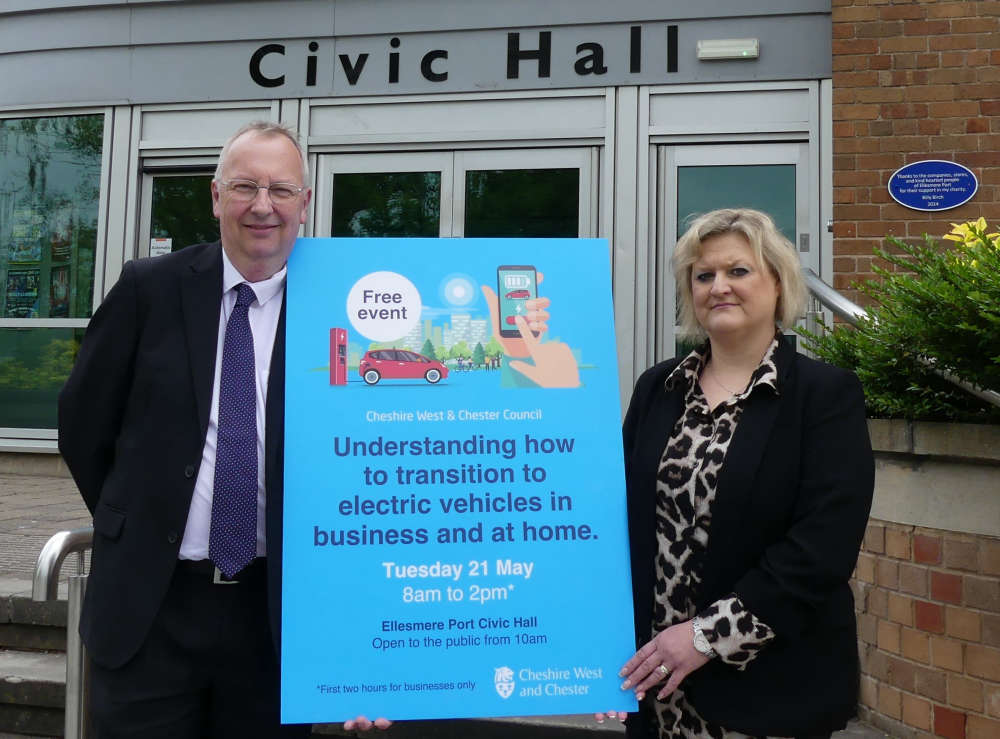 One week to the Council’s event to help you switch to electric vehicles
One week to the Council’s event to help you switch to electric vehicles
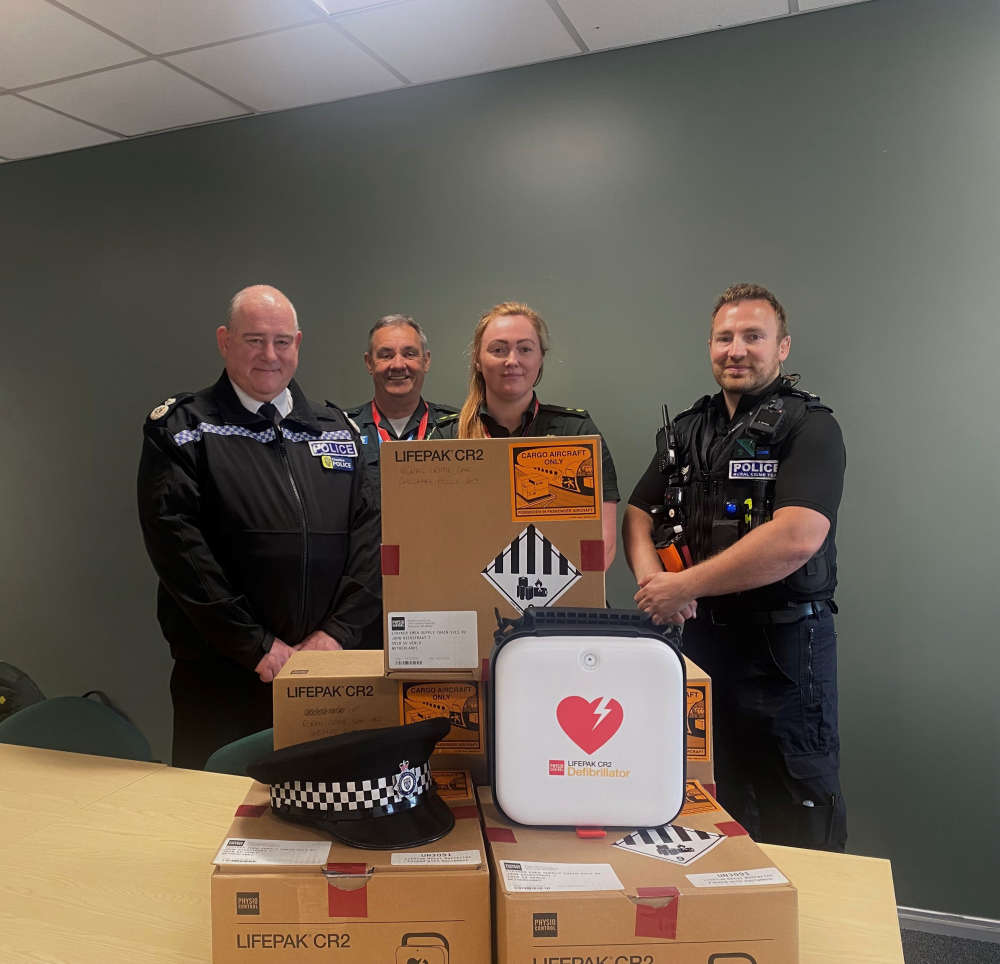 Rural Crime Team equipped with mobile defibrillators
Rural Crime Team equipped with mobile defibrillators
 New online hub for the Dee Estuary
New online hub for the Dee Estuary
 Chester and Wirral Football League - Latest Results
Chester and Wirral Football League - Latest Results
 Is being a wholetime firefighter the job for you?
Is being a wholetime firefighter the job for you?
 RISING YOUNG MUSICAL THEATRE STAR SET TO JOIN CHESTER CHOIR AS SPECIAL GUEST
RISING YOUNG MUSICAL THEATRE STAR SET TO JOIN CHESTER CHOIR AS SPECIAL GUEST
 CHESHIRE WOMEN’S CRICKET LEAGUE - LATEST RESULTS
CHESHIRE WOMEN’S CRICKET LEAGUE - LATEST RESULTS
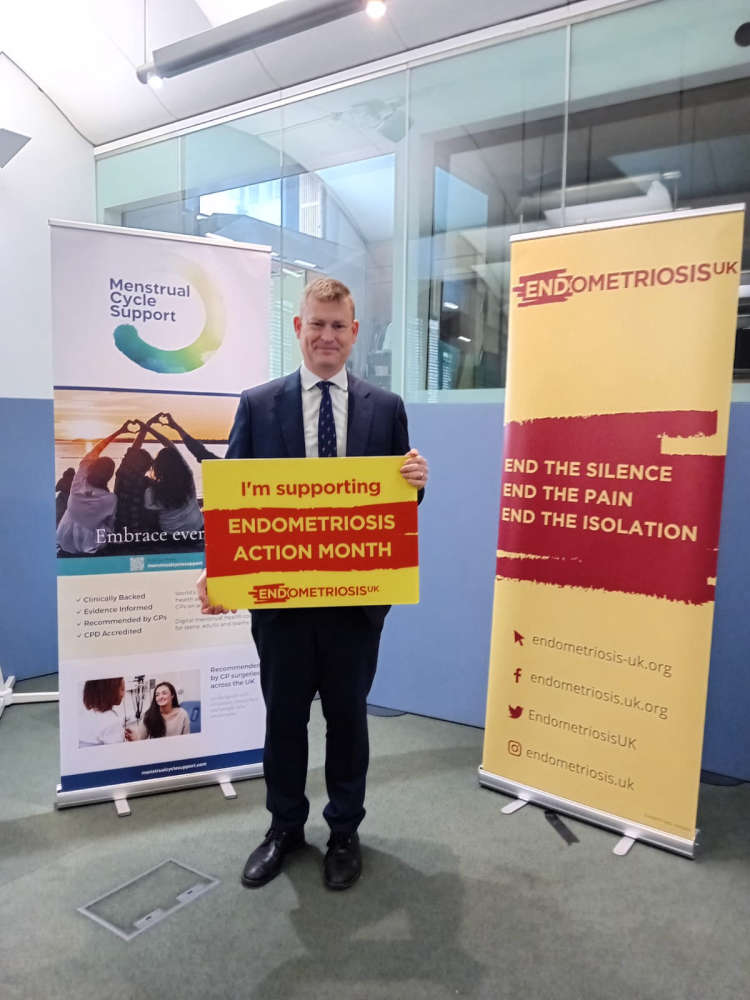 Local MP has pledged support for those suffering with endometriosis
Local MP has pledged support for those suffering with endometriosis
 Make History: Build a Future Free From Homelessness
Make History: Build a Future Free From Homelessness
 Council prosecutes Chester businesses for illegal tobacco offences
Council prosecutes Chester businesses for illegal tobacco offences
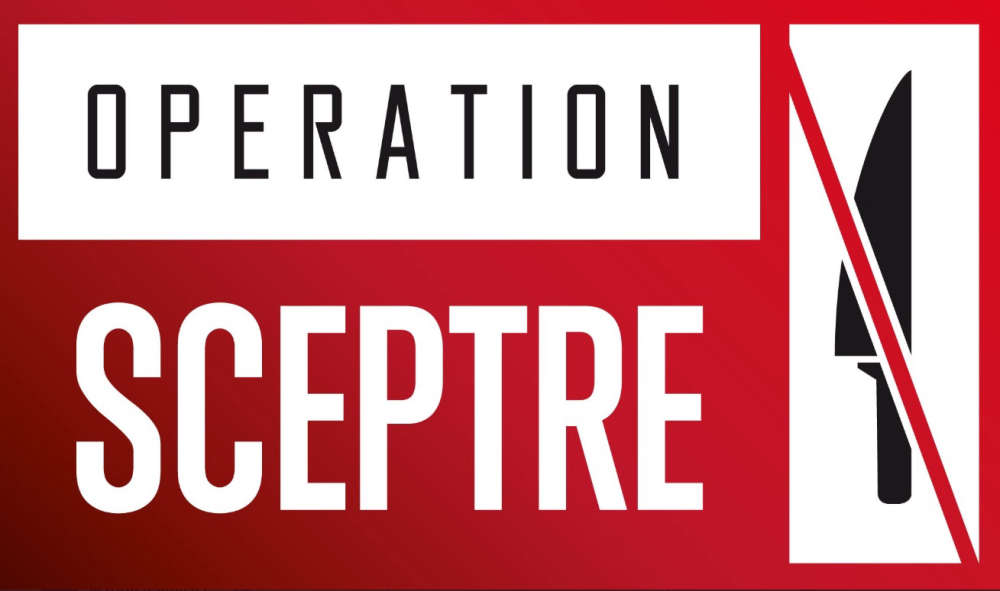 Cheshire Constabulary to support national operation to cut out county-wide knife crime
Cheshire Constabulary to support national operation to cut out county-wide knife crime
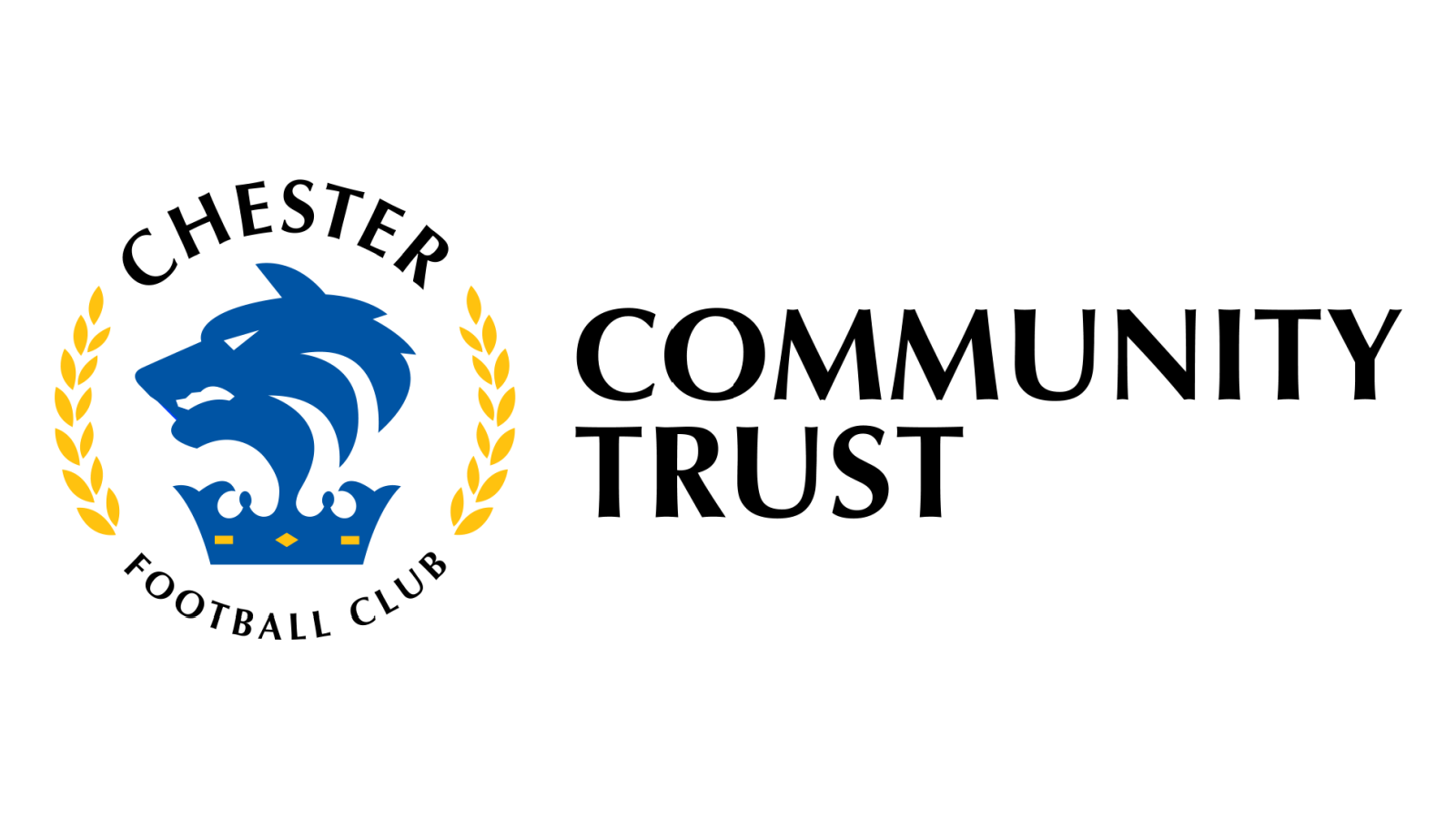 Chester FC Community Trust marks Mental Health Awareness Week
Chester FC Community Trust marks Mental Health Awareness Week
 CLASSICAL MUSIC STARS OF THE FUTURE SET TO TAKE CENTRE STAGE AT CONCERT SEASON FINALE
CLASSICAL MUSIC STARS OF THE FUTURE SET TO TAKE CENTRE STAGE AT CONCERT SEASON FINALE
 Foster Care Matters Fostering Agency launches in Chester
Foster Care Matters Fostering Agency launches in Chester